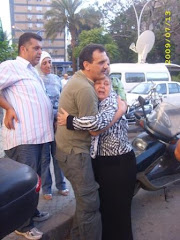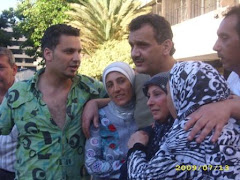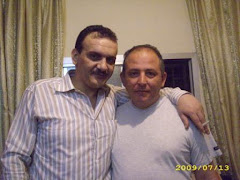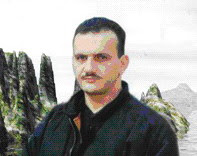Source: CLDH
Once again, the Lebanese justice system has demonstrated its complete disregard for the international standards guaranteeing the right to a fair trial.
On February 1, the Lebanese Judicial Council turned down a petition for a trial review submitted last October by Youssef Mahmoud Chaabane’s attorney.
In its decision, the Judicial Council has formally refused to examine the new elements which were submitted to it and which, in fact, are of paramount importance, including, in particular, the ballistics expert’s report which would clear Youssef Chaabane in the case. The Judicial Council argued that this expert opinion was not mandated by the courts.
This is the second time that the Lebanese judiciary has refused to review this trial.
This latest decision is marred by an egregious irregularity in due process since the petition for review was first heard by Prosecutor Said Mirza who was the Investigative Judge in the case and who conducted the initial investigations during which Youssef Chaabane and several witnesses complained of having been severely tortured to force them to sign confessions. Said Mirza, who has thus become both a party to the case as well as the judge in charge of the case – an obvious conflict of interest – has naturally issued an unfavorable opinion against any review of the trial. Even though the attorney challenged the legitimacy of this interference by the Prosecutor into what is otherwise a procedure with the Judicial Council, the latter has not commented on this point raised by the challenge.
Nevertheless, in spite of the refusal by the Judicial Council to hear the new elements, and in spite of the violation of due process by Prosecutor Mirza’s interference in the case, there is no further recourse since the Judicial Council is the highest jurisdiction in Lebanon.
Youssef Chaabane is currently held at the Roumieh Prison (Beirut) after he was arrested on February 5, 1994 by the Syrian Intelligence Services operating then on Lebanese territory. He was charged with the murder of the First Secretary of the Embassy of Jordan in Lebanon.
It is under torture inflicted first by the Syrian Intelligence Services, then by Lebanese police, that Youssef Chaabane and several witnesses are alleged to have signed confessions. Yet, Youssef Chaabane has continued to proclaim his innocence in the case, and the witnesses have complained before the court that they were tortured in order to incriminate Youssef Chaabane.
On October 19, 1994, Youssef Chaabane was handed a life sentence by the Judicial Council, which is a special tribunal whose decisions are final and cannot be appealed. In 2000, two individuals were arrested in Jordan in the same case, and they were convicted, sentenced to death and executed. During their trial, the defendants did not incriminate Youssef Chaabane, and they stated during the interrogations that Youssef Chaabane was not involved.
In December 2005, Lebanese legislation was passed which finally allowed decisions by the Judicial Council to become subject to review. A first petition for review was filed on the ground of the new element brought forth by the Jordanian decision. That petition was turned down on the argument that it is based on the decision of a foreign court.
Pursuant to a request filed by the Lebanese Center of Human Rights (CLDH), the UN Working Group on Arbitrary Detention issued an opinion on May 11, 2007 which stated that: “The deprivation of freedom of Mr. Youssef Mahmoud Chaabane is arbitrary in that it contravenes the provisions of Article 14 of the International Covenant on Civil and Political Rights, and falls under Category III among those categories that are applicable to the consideration of cases submitted to the Working Group.”
On June 20, 2007, CLDH published a full report on the Youssef Chaabane case entitled “Youssef Chaabane: Forgotten by Justice” which was widely disseminated in Lebanon and in Europe. CLDH also organized two press conferences and a broad awareness campaign about the case, which included meetings with several European ambassadors and with religious and political figures, most notably the Lebanese Prime Minister and the Advisor to the President of the Republic. Several international human rights organizations have intervened in the case and are monitoring it.
CLDH strongly denounces the decision of the Judicial Council to reject the new petition for a re-trial of the Youssef Chaabane case and calls on all Lebanese and international organizations and institutions to monitor the case and use all means available to ensure that Youssef Chaabane’s rights are upheld.
For its part, CLDH will continue its mobilization and its campaign for the release of Youssef Chaabane.
Beirut
February 28, 2008
dimanche 2 mars 2008
Request for Review of Palestinian Youssef Chaabane’s Trial Turned Down
Inscription à :
Publier les commentaires (Atom)









Aucun commentaire:
Enregistrer un commentaire